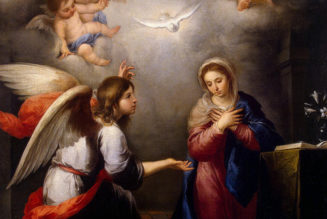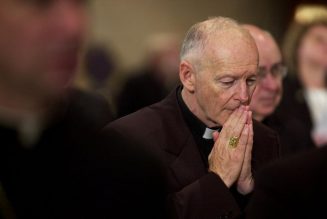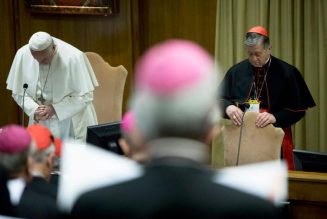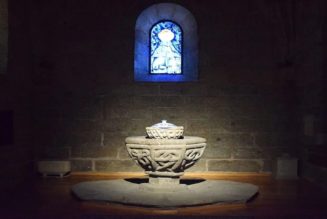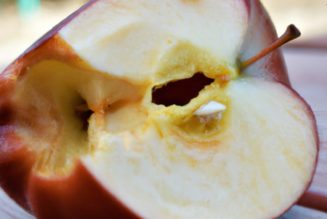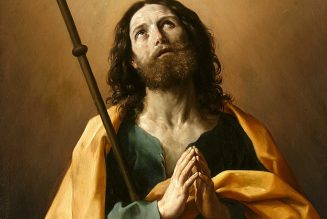“Our (natural) desire cannot be empty and vain.”
Aristotle, Nicomachean Ethics
Aristotle has a remarkable sense of the human drama, of the gift and the challenge it is to be human. Not that the style or voice of his writing is itself dramatic. But if we look through his eyes, if we really examine what he says, the stunning reality unfolds before us.
Aristotle refers to the human soul as ‘capax universi’ (capable of the whole), as having a quasi-infinite potential for ‘taking in’ all that exists. The inclinations of the will are rooted in this vast capacity of intellect. Our hearts, our desires naturally soar to the heights. Aristotle expresses the potential, nay further the demand of our nature to become virtuous in all our powers, righteous in each of our actions.
The human heart is a restless and demanding power. We naturally have profound desires—inclinations toward high truths, noble actions, and rich relationships. Good life experience brings out these desires, giving them context, content and direction. Bad personal experience can blunt and stymie these desires threatening them with the darkness of discouragement and shades of despair. Similarly, our bad habits can choke and drown these desires, effectively substituting a craving for things that sparkle but don’t fulfill.
Our natural desires are not in vain. What insight! What boldness! To say this does not mean that our desires necessarily will be fulfilled. Fulfillment is not ‘guaranteed,’ fundamentally because such fulfillment demands much of us—and our proper response often hangs in the balance of our free choices. It means rather that such desires remain fulfill-able, and thus are far from vain, as long as we might still turn our hearts to where they should be.
Aristotle had an unshakable confidence in the design of human nature—a confidence he retained even in the teeth of a vast experience of human weakness and failure.
Our natural desires—in all their glory, even pushing the bounds of the super-natural—are not in vain. Or in any case, they will not have been in vain if we keep trying to recognize and respond to the at-times shocking demands of what it means to be human.
Aristotle (384-322 B.C.), student of Plato, tutor of Alexander the Great, has been considered by many to be the greatest ancient philosopher. The Nicomachean Ethics is his major ethical work.
It is good to exist. Thomas Aquinas It is noteworthy that the birth of a child is pretty much always a painful experience—especially for the mother. Surely it is a trying experience for the child too. Yet when things go well a child comes forth into the world….
Now it is best that there should be a public and proper care for such [moral] matters; but if they are neglected by the community it would seem right for each man to help his children and friends towards virtue, and that they should have the power, or at least the…
“But on a well-banked plot Odysseus found his father in solitude Spading the earth around a young fruit tree.” Homer, Odyssey It is one of the most powerful images of Greek literature. An old man is tilling the soil around a young tree. Most likely he will never see…
Husband, father, and professor of Philosophy. LifeCraft springs from one conviction: there is an ancient wisdom about how to live the good life in our homes, with our families; and it is worth our time to hearken to it. Let’s rediscover it together. Learn more.
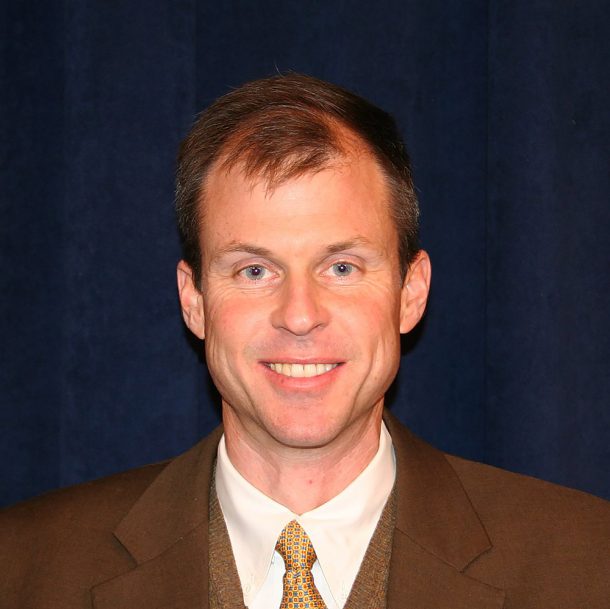
Join us!
Please enter your email address to receive a Wednesday Quote and Reflection once a week. I would be honored to be partners in mining the wisdom of the ancients.
You have Successfully Subscribed!
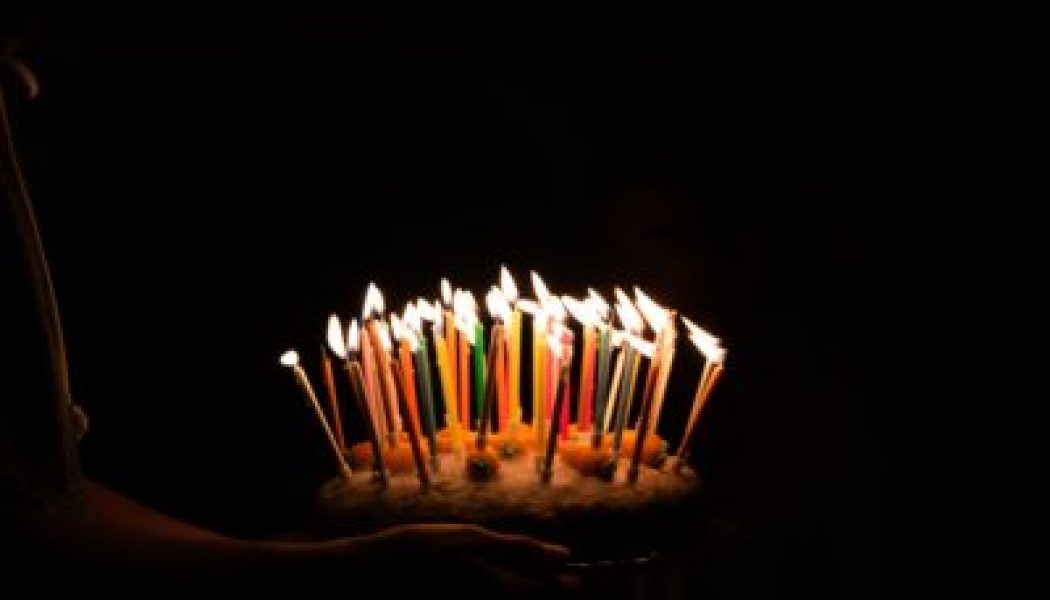
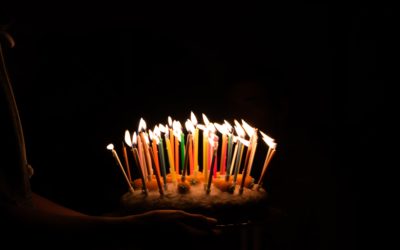

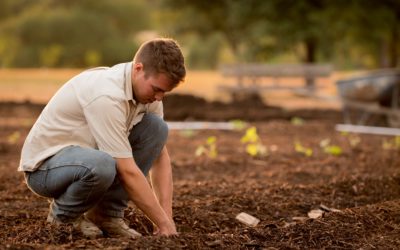
![A paradox for the next pope [WSJ paywall]…](https://salvationprosperity.net/wp-content/uploads/2020/07/a-paradox-for-the-next-pope-wsj-paywall-327x219.jpg)
